These attacks have a huge toll on the industry- fraudulent billing of appointments, surgeries, prescriptions and procedures using insurance information obtained through cybercrime accounts for as much as 3-10% of annual healthcare expenditure in the US.
Understanding the different types of adversaries you will face in the world of cybercrime is essential. Being aware of different varieties of hackers, understanding what they want and how they operate is a huge step towards protecting the data held by you and your organization.
To help you understand your enemy here are the 5 types of adversary who will try to break in to your healthcare systems, and run away with your data.
Script Kiddies
The most basic type of hackers are known as Script Kiddies. These are the have-a-go wannabe hackers who borrow pre-written tools and attempt to hack systems using codes they barely understand. The limited knowledge of these opportunistic criminals means that they pose little real threat to sufficiently secure systems, and if confronted with such a system, most Kiddies will quickly give up in search of easier victims.
Script Kiddies may engage in attacks on healthcare systems but pose little threat to any reasonably up to date commercial system. Fortunately this is by far the most common type of hacker and very few ever progress beyond this stage.
Hackivists
Politically motivated hacktivists attack any systems they deem to be opposed to their political agenda. These attackers range greatly in their actual skill and knowledge of hacking, but what makes them dangerous is their ability to undertake coordinated attacks using a range of tools and techniques.
Major attacks by hacktivist groups have included attacks on politicians, governments, companies and religious organizations. Healthcare establishments have been known to fall foul to political groups as well; in 2014 members of hacktivist collective Anonymous attacked Boston Children’s Hospital and were repulsed by hired computer security companies.
One of the most common type of attacks by hacktivists is a Denial of Service (DDoS) attack, which aims to overload servers with a flood of network traffic, spreading the server’s resources to breaking point and disrupting the availability of the targeted systems. Such attacks have been known to be highly effective and can be carried out using tools readily available online.
Cyber Criminals
Professional hackers who gain access to systems for financial gain are known as Cyber Criminals. Such criminals possess sophisticated malware tools and have been known to target healthcare organizations for profit through extortion.
Cyber criminals break into systems and then use ransomware– programs which hold important data hostage until money is paid- to extort money. Healthcare systems are especially vulnerable to ransomware as much the data held is vital for treating patients or even for savings lives, making refusal to pay unjustifiable in many cases. Of course, there is no guarantee that once the money is paid, the criminal will not simply repeat the process and hold you to ransom again.
Cyberterrorist
Cyberterrorists differ from other groups in that they are not motivated by profit- they attack specific organizations and systems which they deem to be vital to the survival of their perceived enemy. Terror groups have their online counterparts who are capable of launching coordinated attacks on enemies of their agendas.
Attacks on governments, banks, power facilities, healthcare systems and other crucial services are part of the tactics of these terrorists who aim to spread discord and disruption through their online campaigns.
Nation State Actors
State sponsored cyber attacks target the infrastructure of enemy nations, aiming to cause disruption and weaken their economy, expose security information or impair fighting power. State hackers often have the most financial backing and are therefore capable of launching highly sophisticated attacks over long periods of time.
Healthcare systems have been the target of these attacks. Chinese government hackers have been reported of making attacks on US healthcare, government and energy systems since 2012. With the lower standards of healthcare in China and other countries around the world, US healthcare may become a target for attempts to steal valuable medical information.
Secure Yourself from Threats
Information security and data protection remains a top priority for healthcare organizations, and we’re here to help. Cornerstone offers expert security consulting and solutions to address the ever-growing need for data protection, protecting your important data through highly advanced security tools and architectures. We also offer vulnerability assessments for your systems and databases, finding and fixing security gaps in your systems before hackers do.
About the Author: David Rincon
Start The Conversation Today!
- Schedule Your Consultation
- Enjoy a Personalized Strategy Session
- Level-Up Your IT





